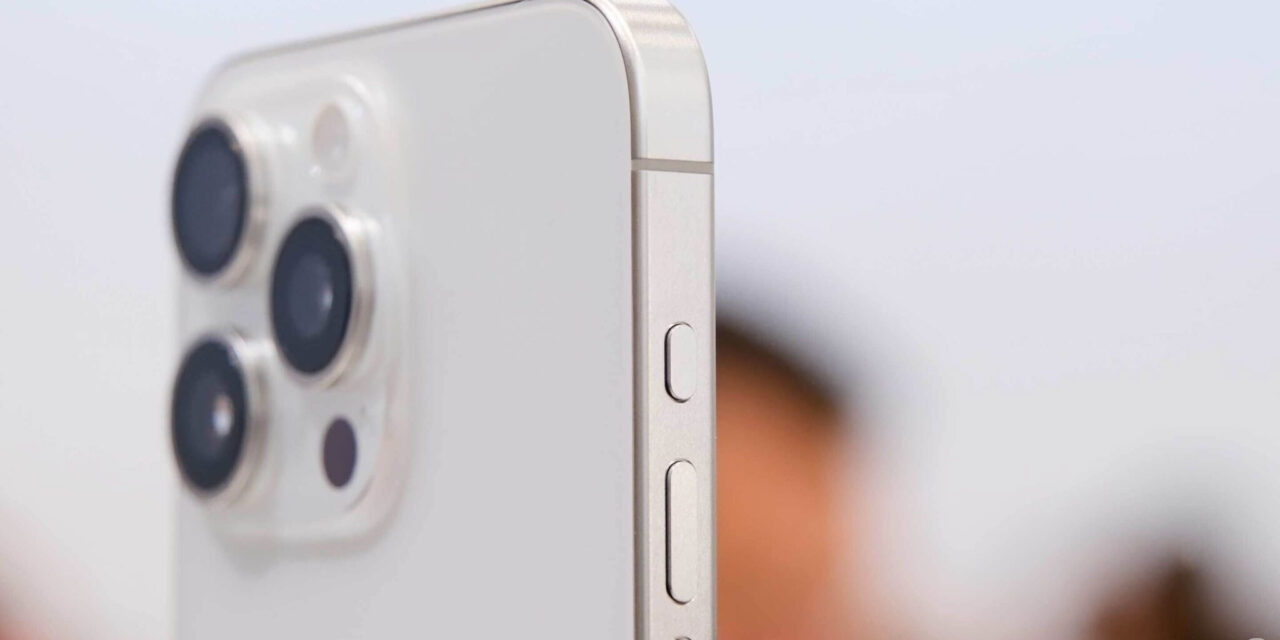In this article, we will show you how to turn off or restrict Airdrop on your iPhone, iPad, and Mac, giving you control over who can send you files, and providing a higher level of privacy and security.
Note the distinction between turning off and restricting AirDrop. By simply turning it off, you are essentially putting the feature on pause. However, by restricting it, you are blocking the feature altogether. This is particularly handy if you want to block a child from using AirDrop, for instance.
Why turn off AirDrop
Privacy: Turning it off in a public place (or setting its visibility to contacts only) will make you undiscoverable and ensure you don’t get unsolicited AirDrop requests for receiving random files.
Less confusion among multiple devices: If you have multiple devices of the same kind, such as two or more iPads, iPhones, Macs, etc., it may get confusing to choose which device to send the files to. In this situation, you can turn off AirDrop on one of the devices where you don’t need to receive the files. Alternatively, you can give unique names to all your iPhones, iPads, and Macs, so they appear with their specific names on the AirDrop pane.
How to turn off AirDrop
On iPhone or iPad
Another method:
On Mac
Another method:
Re-enable AirDrop when needed
You won’t have to change the above settings to send files via AirDrop. However, if you want to receive files, follow the above steps and choose Contacts Only, Everyone for 10 Minutes, or Everyone.
Turn off Wi-Fi, Bluetooth, or both to disable AirDrop
AirDrop uses a combination of Bluetooth and Wi-Fi on both sender’s and receiver’s Apple devices to work. So, if you turn off either one of them or both, it automatically switches off AirDrop. To do that, go to the Settings app and turn off Wi-Fi or Bluetooth.
Note – Don’t use the Control Center: Tapping the blue Wi-Fi or Bluetooth icon in the Control Center only disconnects your iPhone or iPad from the currently connected network/device and stops it from scanning or joining new Wi-Fi or Bluetooth connections. However, they continue to work for other purposes like AirDrop, Personal Hotspot, showing battery level of wireless devices, etc.
Completely restrict or block AirDrop
The above approach simply turns off AirDrop. But what if you want to restrict the AirDrop feature on your iPhone or iPad?
For example, suppose you use an iPad as a menu for your restaurant or use it for some other purpose at your business and wish to restrict AirDrop on this device so that people can’t send or receive files from it. It’s easy to do that, and no one will be enable AirDrop without your Screen Time passcode. As a result, this device can’t receive or send files via AirDrop. Here’s how to do that:
This will block AirDrop on this iPhone or iPad. From now, you won’t see the AirDrop button in Settings app > General nor see the AirDrop icon in the iOS or iPadOS Share Sheet after you tap the share button in any app (as shown in the first image of this article).
This content was originally published here.






Recent Comments